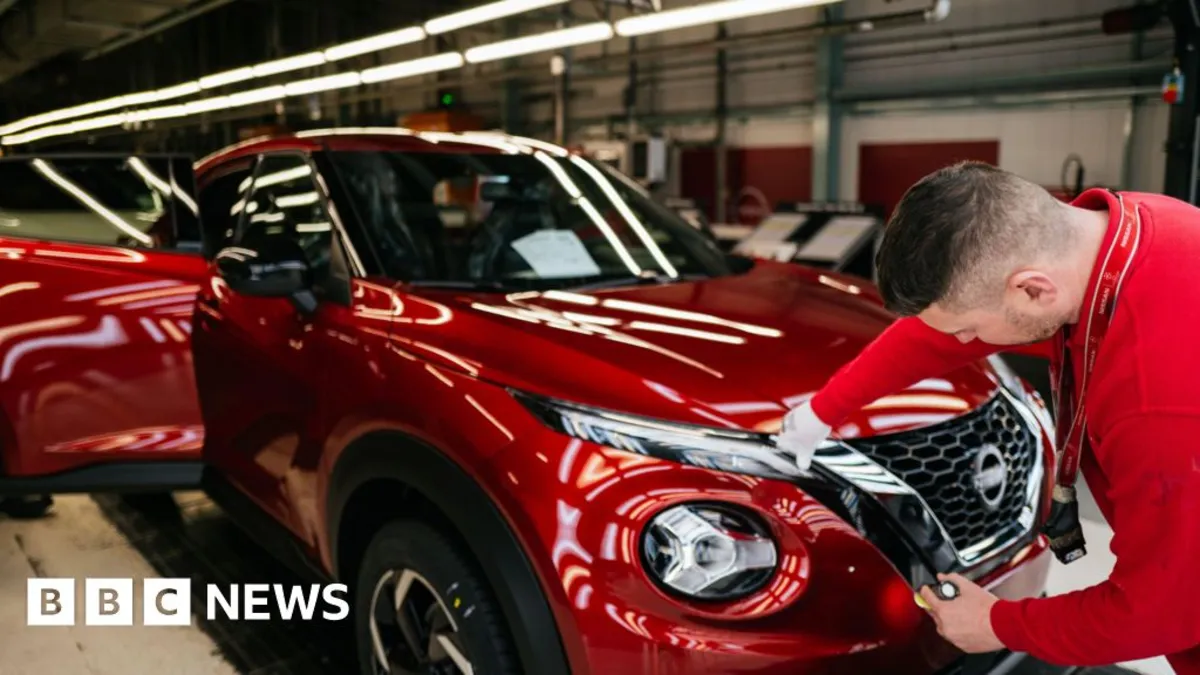
The Japanese carmaker Nissan has revealed plans to cut an additional 11,000 jobs globally and close seven factories as part of a major restructuring effort aimed at addressing weak sales figures. This strategic move comes in response to a challenging market environment, particularly in its two largest markets: China and the United States.
Nissan has faced a significant decline in sales, particularly in China, which has been a major contributor to the company’s financial struggles. Furthermore, heavy discounting in the U.S. market has further impacted earnings, leading to this drastic decision to downsize. The company’s financial woes have been exacerbated by the unsuccessful merger talks with Honda and Mitsubishi that collapsed in February.
This latest round of job cuts brings the total layoffs announced by Nissan in the past year to approximately 20,000, representing about 15% of its workforce. Currently, Nissan employs around 133,500 people globally, with about 6,000 workers based in Sunderland. However, it remains unclear at this time if the Sunderland plant will be affected by the new job cuts.
The recent layoffs are in addition to the 9,000 job cuts that Nissan announced in November, which were part of a broader cost-saving initiative. This initiative aims to reduce the company's global production by a substantial 20%. The decision to scale back operations is primarily driven by the need to remain competitive in an increasingly challenging automotive market.
The collapse of negotiations for a multi-billion-dollar merger with Honda was a significant setback for Nissan. The proposed partnership was intended to bolster both companies against fierce competition, especially from rival manufacturers in China. If successful, the merger would have resulted in the creation of a $60 billion motor industry powerhouse, positioning it as the fourth largest globally by vehicle sales, behind industry giants like Toyota, Volkswagen, and Hyundai.
Following the breakdown of these discussions, Nissan's then-CEO Makoto Uchida was replaced by Ivan Espinosa, who previously served as the company's chief planning officer and head of its motorsports division. This leadership change underlines Nissan's commitment to reevaluating its strategies in light of current market conditions.
As Nissan embarks on this transformation journey, the automotive industry will be closely monitoring the outcomes of these significant changes and their implications for the company’s future.